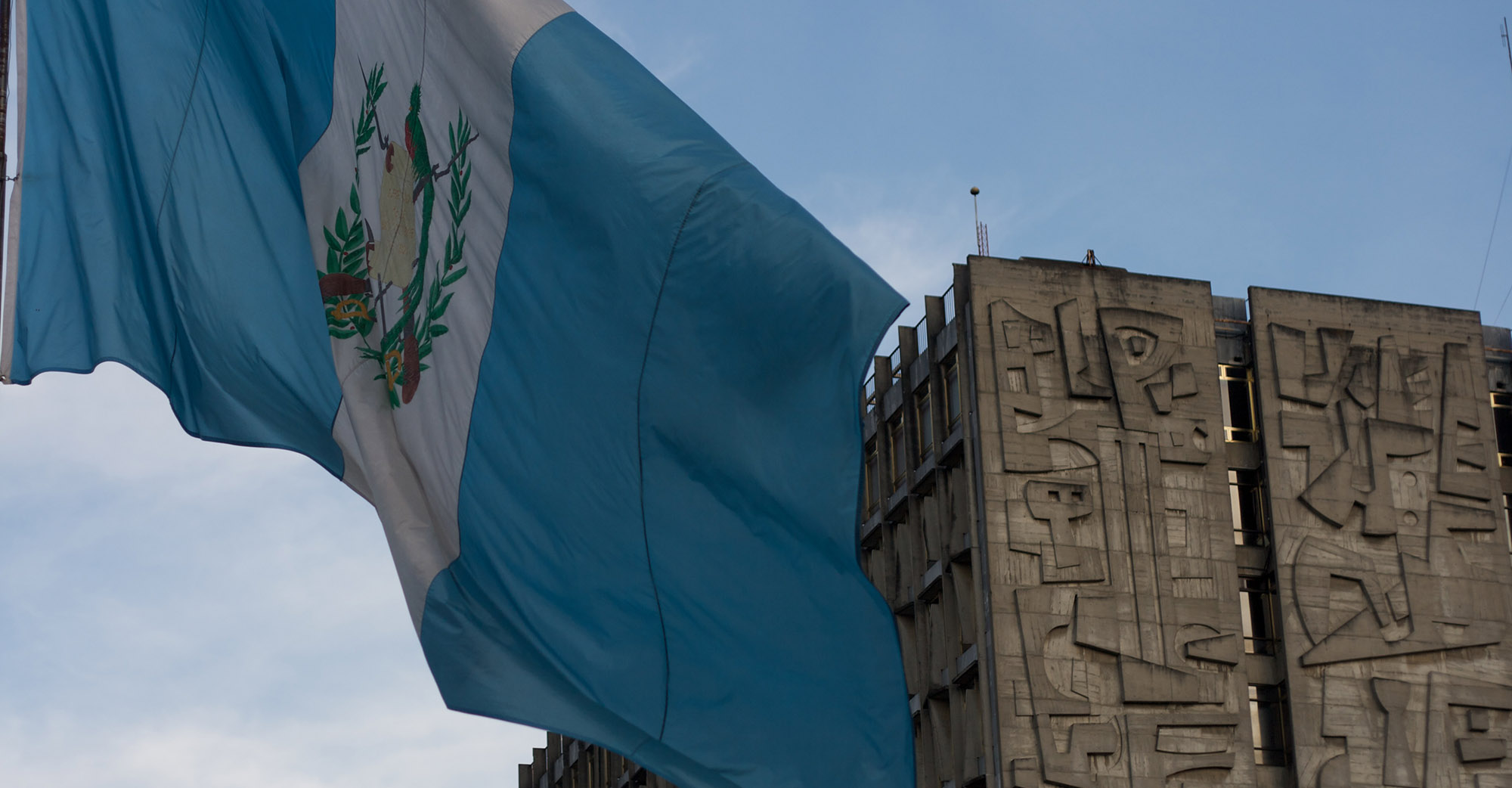Guatemala Conference Preview: "Racist Discourse and Genocide"

This series will highlight each of the panel discussions at the Center for Advanced Genocide Research’s upcoming conference “A ‘Conflict?’ Genocide and Resistance in Guatemala,” September 11-14, 2016, at the University of Southern California.
Linguistic racism that led to the Guatemalan Genocide will be explored in “Racist Discourse and Genocide,” the third Monday panel session during USC Shoah Foundation’s Center for Advanced Genocide Research’s conference “A Conflict? Genocide and Resistance in Guatemala.”
The session will be moderated by Norma Chinchilla, a professor of sociology at CSU Long Beach whose current research focuses on women’s movements in Latin America and Central American immigration to Los Angeles. Chinchilla was a Fulbright Fellow to Guatemala in 1965, about 15 years before the Genocide took place.
One of the two panelists is Brigittine M. French, an anthropology professor at Grinnell College in Iowa who is also the Chair of the Peace and Conflict Studies Program there. French focuses on, among other things, linguistic anthropology, collective memory, testimony, post-conflict states, and indigenous movements in Guatemala, Latin America, and the Republic of Ireland. Her most recent book is about Maya ethnolinguistic identity in Guatemala.
For “Racist Discourse and Genocide,” French will speak about the discourse of General Ríos Montt, the president of Guatemala from 1982 to 1983, by looking at public speeches the general gave to argue that Ríos Montt sought to mobilize his vision of Guatemala as a unified patriarchal family. It was this vision, French says, that justified erasing Maya people from the population through genocide.
The second panelist is Jorge Ramon Gonzales-Ponciano, a research affiliate at Stanford University’s Center for Latin American Studies and a research professor at the National Autonomous University of Mexico. Gonzales-Ponciano grew up in Guatemala and was a student at the University of San Carlos in the early 1980s when he had to move to Mexico. His research focuses on indigenous populations in Guatemala and Mexico.
At the conference, Gonzales-Ponciano will speak on racism and the “Indian problem” in the press before and after the genocide. He argues that beginning in the late nineteenth century, the media characterized the indigenous population as lazy, uneducated, poor, and criminal, which was used to justify paying them low or no wages for forced labor. Gonzales-Ponciano says this rhetoric paved the way for the Guatemalan Genocide almost 100 years later.
Like this article? Get our e-newsletter.
Be the first to learn about new articles and personal stories like the one you've just read.